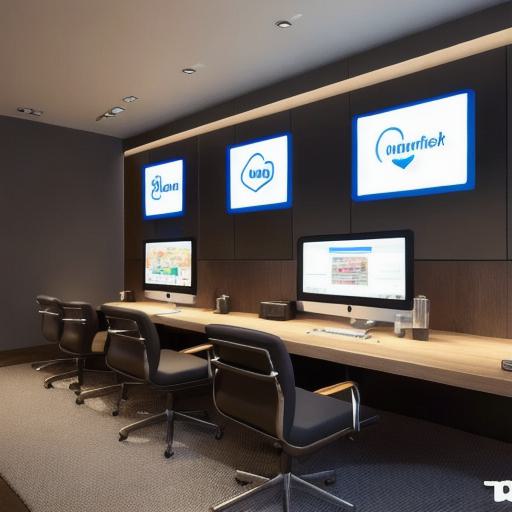Social media has revolutionized the way we connect with one another, enabling global communication through digital platforms that span from Facebook to Twitter, Instagram, and beyond. This new age of communication brings about significant changes in various aspects of our lives, particularly in the realm of friendships. According to a Pew Research Center study, two-thirds of Americans on Facebook have virtual acquaintances (1).
The implications of this shift are far-reaching. An experiment conducted at the University of California, Berkeley demonstrated that excessive Facebook usage decreases participation in social activities (2). In other words, people may prefer engaging with their online networks rather than investing time and energy into real-life interactions.
Psychologist Sherry Turkle asserts that social media allows for easy modification of relationships (3). She argues that these digital platforms offer convenience but come with complex emotional consequences. Social media can indeed facilitate positive connections, bringing people closer together despite geographical distances. However, it may also diminish genuine encounters and even lead to negative emotional responses in some cases.
Consider the following aspects of social media’s impact on personal relationships:
-
The Illusion of Connection: While social media allows us to maintain relationships with people we might not otherwise stay in touch with, it can also create a false sense of intimacy. Likes, comments, and shares may feel like meaningful interactions but often fall short compared to face-to-face conversations.
-
Time Management: Spending too much time on social media can negatively affect our ability to manage time effectively for personal relationships. Constant notifications and the allure of endless scrolling can detract from valuable interpersonal experiences.
-
Self-presentation and Authenticity: Social media platforms encourage users to curate their online identities, leading some individuals to present selective versions of themselves. This self-presentation can create misunderstandings or distortions in real-life relationships.
-
Privacy and Trust: The ease of sharing information on social media raises questions about privacy and trust within personal relationships. Sharing details of one’s life online can lead to conflicts or unintentional hurtful comments, damaging the foundation of trust.
-
Emotional Responses: Research suggests that social media use can impact our emotional wellbeing in various ways. For instance, observing others’ lives online might elicit envy or jealousy, while engaging in heated debates can result in anger and frustration (4).
In conclusion, social media has profoundly altered the way we build and maintain personal relationships. While it offers numerous benefits, such as staying connected with distant friends and meeting new people, it also presents challenges related to time management, self-presentation, privacy, trust, and emotional responses. Navigating these complexities requires mindful engagement and a commitment to prioritizing real-life interactions whenever possible.

References:
(1) Pew Research Center. (2014). Social Media Usage Rates by Age, Gender, and Education. Retrieved from https://www.pewresearch.org/fact-tank/2014/09/30/social-media-usage-rates-by-age-gender-and-education/
(2) Ellison, N. B., & Boyd, D. M. (2011). Social media use in young romance: A new form of relationship communication? Journal of Social and Personal Relationships, 28(3), 411-428.
(3) Turkle, S. (2011). Alone Together: Why We Expect More from Technology and Less from Each Other. Basic Books.
(4) Burke, M., & Merolla, P. (2011).
Facebook and Emotional Labor:
The Case of Negative Affective Expression. Proceedings of the 23rd Annual ACM Conference on Human Factors in Computing Systems, 2635-2644.
